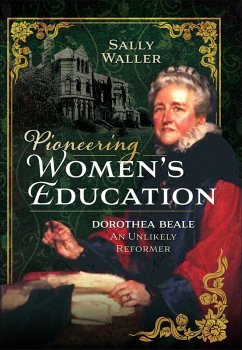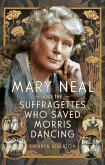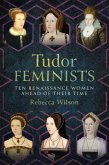Although much less well known than some other nineteenth century female campaigners, such as Florence Nightingale or Emmeline Pankhurst, Dorothea Beale is nonetheless deserving of wide recognition for her pioneering, and at times radical, ideas. Dorothea's work for the education of girls made just as significant an impact on the liberation of women as did that of Florence Nightingale in ennobling the nursing profession or Emmeline Pankhurst in drawing attention to women's political inferiority. Although very much a woman of her times, through her work as Principal of the Cheltenham Ladies' College, her writings, her speeches and her widespread involvement in societies promoting women's interests, Dorothea helped to show what women were capable of, providing them with greater confidence and self-belief. Drawing on a wide range of original sources, this book traces Dorothea's life and work. It considers the formative influences of her youth, her response to the disappointments of her early career and examines how her own educational ideas evolved, were put into practice and came to influence schools and colleges both at home and abroad. As well as an in-depth analysis of her pioneering work in Cheltenham, her many other interests, connections and involvements, including her contribution to the suffrage campaign are also explored. However this book is not just a story of one woman's achievements, great though they were. There is an attempt to understand Dorothea as a person with reflections on her character and personal life throughout and the book ends with an appraisal of the many contradictions to be found in this intriguing 'conservative reformer'. Dorothea Beale was a woman whose quiet and unassuming manner hid a strong sense of vocation, a fierce determination and an undoubted practical ability to achieve her ends. Dorothea would have been amazed at the changes that occurred in the position of women in the century after her death in 1906, and yet it was in no small measure thanks to her work that this breakthrough in female opportunities occurred.
Bitte wählen Sie Ihr Anliegen aus.
Rechnungen
Retourenschein anfordern
Bestellstatus
Storno









